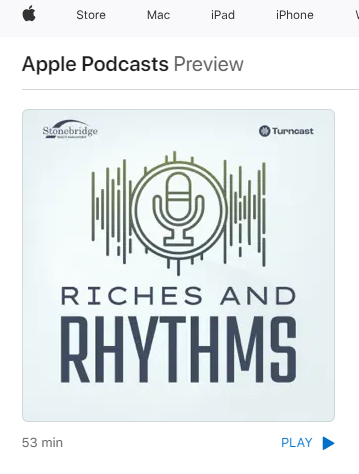During my decades of experience, I have made thousands of audit claims in connection with so-called “MFN” (i.e., Most Favored Nations) clauses.
As examples, many mechanical reproduction licenses for musical works and film profit participation agreements with talent contain MFN clauses, as do many
licensing and other agreements. As part of certain royalty audits, it is my job to quantify damages for non-compliance with this standard agreement provision.
Although counterparties cooperate
to various degrees, my approach is generally to request the information – such
as agreements with third parties, rate files and accountings - in order to
ascertain whether a counterparty has complied with its commitment to pay rates
to our firm's client(s) that are equally favorable compared to those agreed or paid
to other relevant parties. If my team and I find that a counterparty failed to comply with
a most favored nations provision, we utilize actual or estimated rates to
quantify reportable royalties from which we deduct royalties reported (or
claimed elsewhere in our audit or expert report).









.jpg)

